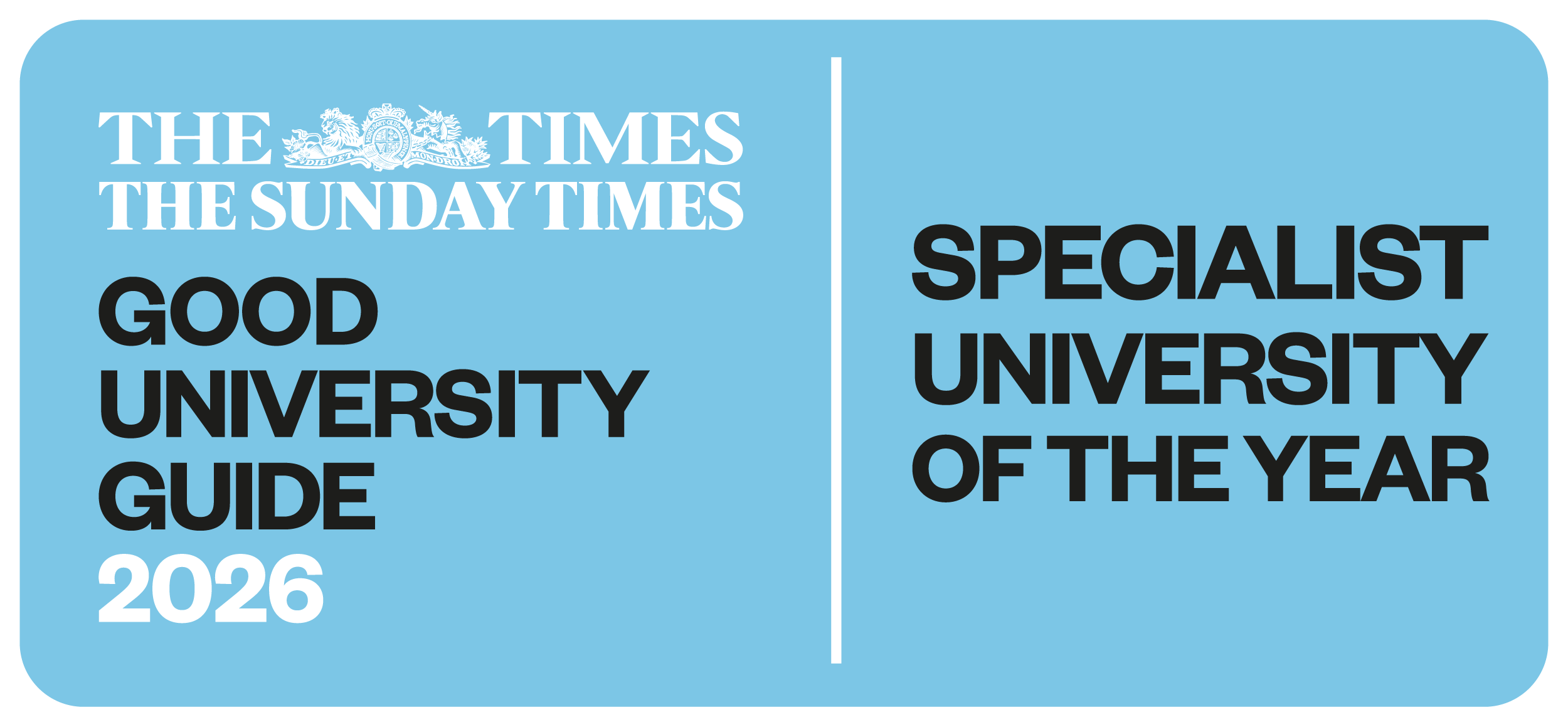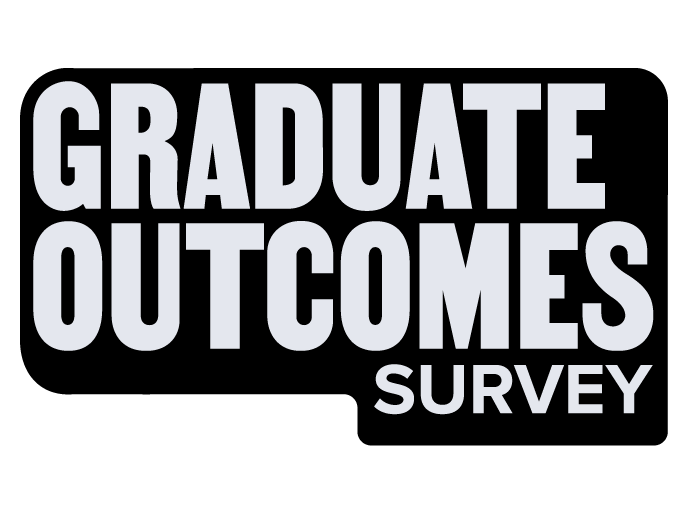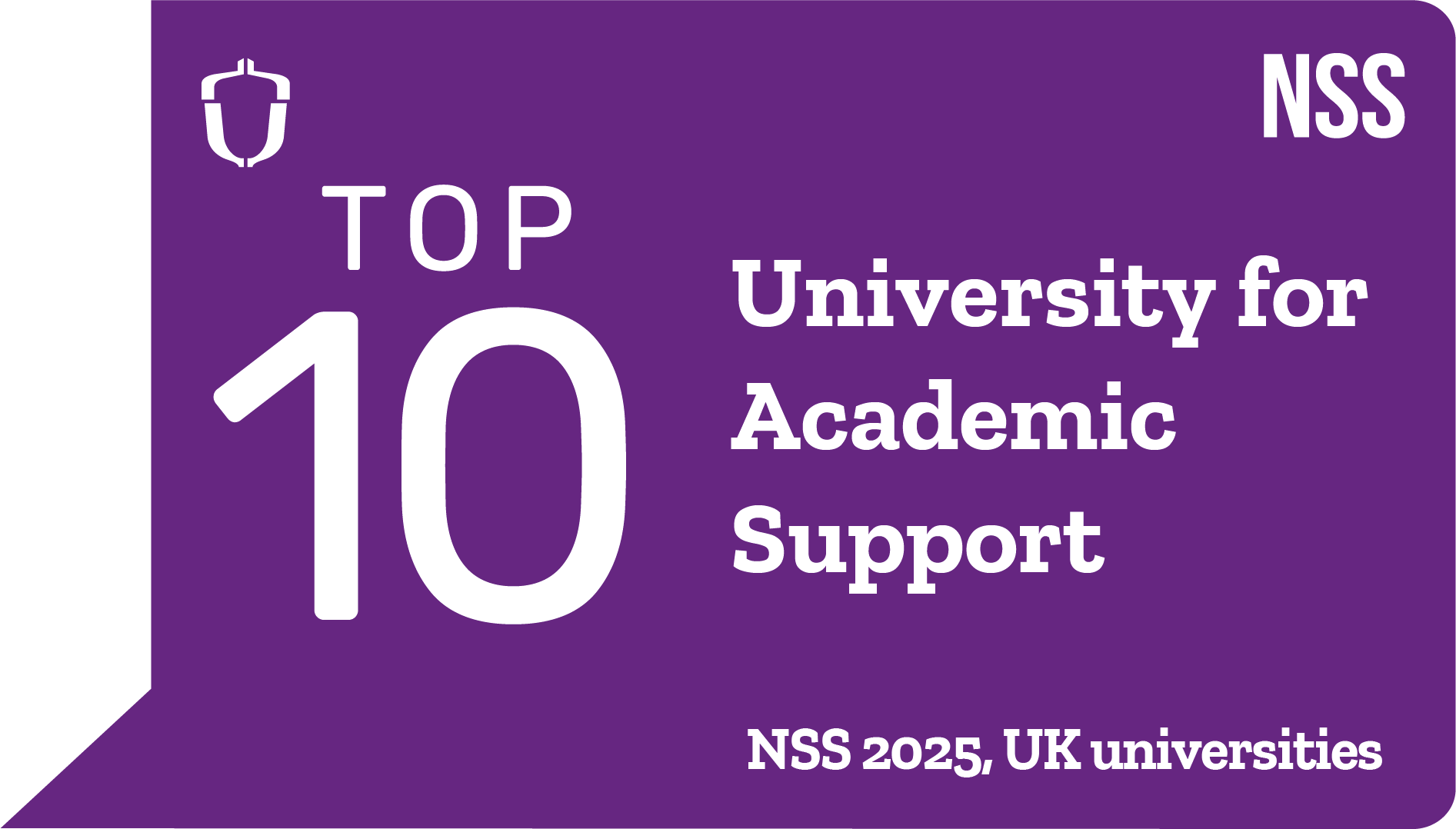Your career
Industry opportunities on this course are diverse, to ensure you develop the skills, experience and connections needed for your graduate career. Many of our students get their graduate roles with their work placement employers.
Work placements and experience
These form part of an optional year two module as well as an optional integrated placement year. We’ll support you to secure a placement with a UK-based or international employer, to match your interests and career goals – you’ll complete coursework. Placements can be paid or unpaid, and can be anywhere in the world. Students have completed placements at a range of zoos, wildlife charities and conservation organisations, farms, and diagnostic labs.
Field trips and guest lecturers
Field trips and industry professionals in lectures form an important part of your learning, enabling you to experience different businesses, careers and best practices.
As an Environmental Sciences student, in your second year you will undertake your choice of a residential or non-residential field trip within the UK, gaining valuable practical experience whilst not contributing to the additional carbon footprint of overseas travel. Extra fees are required for residential trips – please see the fees tab.
Within your modules you are likely to visit several local sites of interest including the River Wye and the Forest of Dean.
Recent guest lecturers have included conservationists, sustainability experts, and ecologists, in addition to academic researchers from a range of subject areas.
Graduate destinations
As an Environmental Sciences graduate, you may go on to a career in environmental consultation, sustainable food production, biodiversity net gain, environmental management, waste management. You’ll also have the transferable skills you need for other graduate careers. Our careers team can support you to find and prepare to secure your perfect role. Recent graduate destinations have included:
Sustainability advisor in agriculture
Environmental researcher
Nature conservation officer
Masters and PhD programmes














